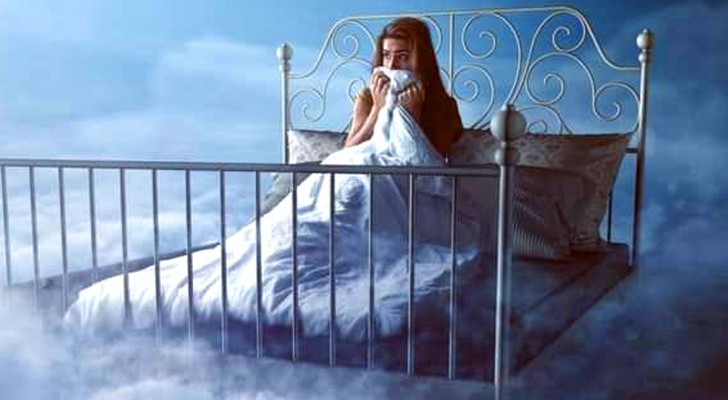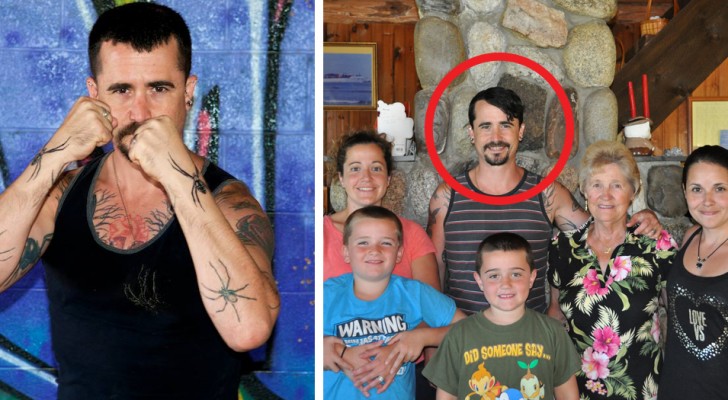Here is why today's children are much more problematic and unhappy than those of yesterday

Today's children and adolescents absorb the accelerated transformations of today's society more than adults, and they feel confused and insecure in the face of this schizophrenic world.
Families, many of whom perceive the discomfort of their children, tend to worry excessively about them and want to help them to escape from this state of malaise, rather than actually supporting and assisting them in other ways.
This condition is a testament to this so-called "advanced" culture, that lives the drama of its own age, namely, the desire to achieve happiness and success at all costs while at the same time trying to control individual behaviors.
However, when and if these behaviors, do not fall into the normality that has been constructed, then a "pathology" is identified and the individual is advised or forced to turn to the use of psychotropic drugs and therapies of various kinds.
But is there really a correlation between the increase in psychiatric disorders and the transformations of modern society? Apparently, the answer is ... yes.

According to some scholars, such as those at the World Health Organization, child neuropsychiatric disorders affect one child in five under the age of majority. These disorders include those related to mood, hyperactivity, cognitive skills, and learning deficits.
In addition, there has been a steady increase in both very young patients being treated in neuropsychiatry and adolescents entering therapeutic communities and being treated in emergency rooms. The data does not only concern the United States but also Canada and Europe.
However, the most important concerns are the numbers related to learning problems. In fact, 2.1% of children suffer from such disorders, of which it has been revealed that only 3.2% are dyslexic and the percentage is destined to continue to rise.

According to the opinions of some psychotherapists and child neuropsychiatrists, the problem can be found in the incessant need to achieve happiness and success when in reality, they experience various intense stages of unhappiness and personal dissatisfaction.
The reason is that we live in a modern and advanced society, in which we try to determine and define anything that does not fit into the parameters that we have created and imposed.
This implies an inability to accept and enjoy one's own real condition of life, even though it may not be exactly what we - or the people around us - had anticipated. This is what provokes anxiety, fears, and psychological problems, especially in the very young. Would it not be appropriate for us to give this some serious thought?





